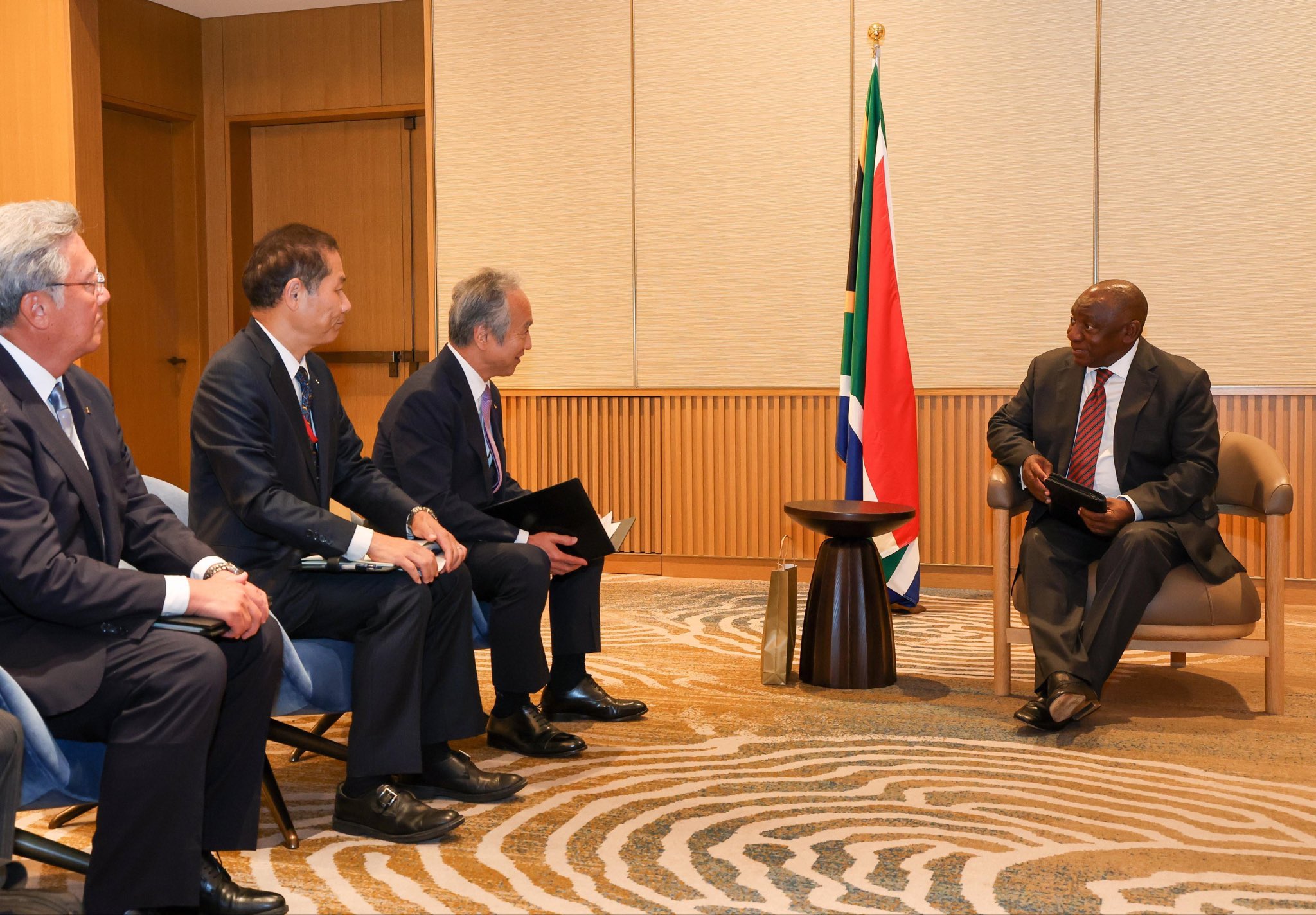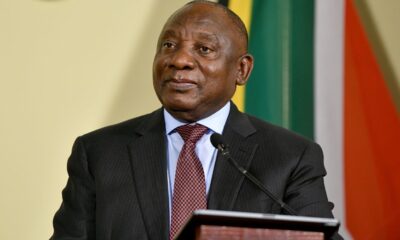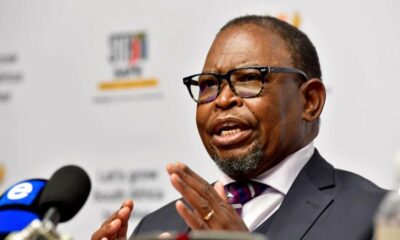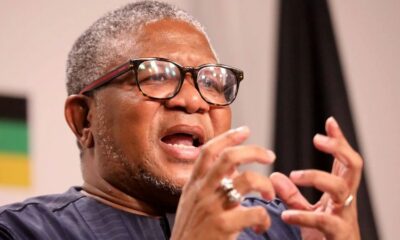News
Ramaphosa Turns To Japan As US Tariffs Squeeze South Africa’s Economy

President Cyril Ramaphosa has set his sights on Japan to help shield South Africa’s economy from the shockwaves of newly imposed US tariffs. With Washington slapping a 30% hike on imports, the President is moving quickly to diversify markets and court fresh investment.
Why Japan Matters Right Now
Japan is no stranger to South Africa’s economy. The country has already poured more than R90 billion into local industries, with over 260 Japanese companies supporting 150 000 South African jobs. From auto manufacturing in Gqeberha to renewable energy projects powering the transition to a greener future, Japan has established itself as a reliable partner.
Now, as US trade barriers threaten exports, Japan’s role looks set to expand even further.
Deals On The Table
On the sidelines of the Tokyo International Conference on African Development (TICAD9) in Yokohama, Ramaphosa sat down with some of Japan’s most influential business leaders.
He met with Mitsui, a global giant in energy and decarbonisation, which holds a 27.5% stake in Mainstream Renewable Power. The company is already behind a 97.5MW solar farm for Sasol and Air Liquide and has its sights on South Africa’s growing wind and solar pipeline.
The President also held talks with Isuzu Motor Corporation’s COO, Shinsuke Minami. Isuzu’s Gqeberha plant, recently boosted by a R1.2 billion upgrade, is a major employer and export hub for the D-MAX bakkie across Sub-Saharan Africa.
Further meetings are scheduled with Mitsubishi Heavy Industries and JETRO, Japan’s powerful external trade organisation, underscoring the breadth of Japan’s interest in South Africa.
A Trade Relationship With History
South Africa and Japan share 115 years of diplomatic ties, but their economic bond is particularly significant today. In 2024, bilateral trade was valued at R132 billion, with South Africa enjoying a R52 billion surplus largely from platinum exports. Agricultural trade is also rising, with avocados and nuts breaking into the Japanese market.
Beyond commerce, the two nations collaborate in science, technology and innovation, making Japan a strategic ally in South Africa’s long-term growth plan.
Local Reaction: Bold Or Overdue?
Entrepreneur Sibusiso Ngwenya, who is working on South Africa’s first electric car, praised the President’s pivot to Asia. “I trust the President’s judgement. This is Ramaphosa the businessman at work,” Ngwenya said. He argued that Japanese automakers like Toyota, Nissan, Isuzu and Mazda have long shaped South Africa’s auto sector, with even German brands sourcing technology from Japan.
On social media, many South Africans echoed the sentiment that the US tariff squeeze may prove to be a blessing in disguise, forcing government to expand its global partnerships. Others, however, questioned whether these talks will lead to tangible benefits for ordinary citizens in the short term.
The Bigger Picture
For Ramaphosa, this is about more than photo ops. South Africa’s leadership of the G20 puts it under pressure to show it can act decisively in a global economy riddled with protectionism. By leaning into partnerships with Japan, the President is betting on long-term resilience.
The real test will be whether these talks translate into factories, farms and power plants that deliver jobs and stability back home.
Source:IOL
Follow Joburg ETC on Facebook, Twitter , TikTok and Instagram
For more News in Johannesburg, visit joburgetc.com



























